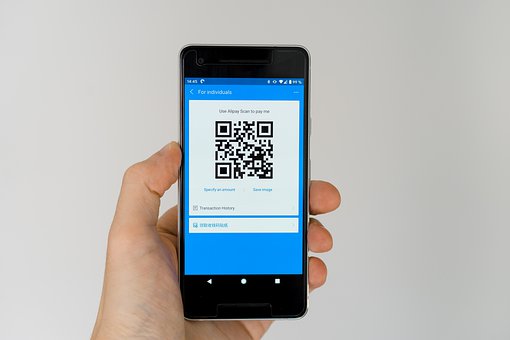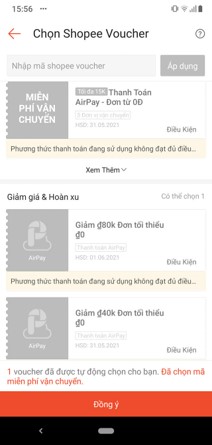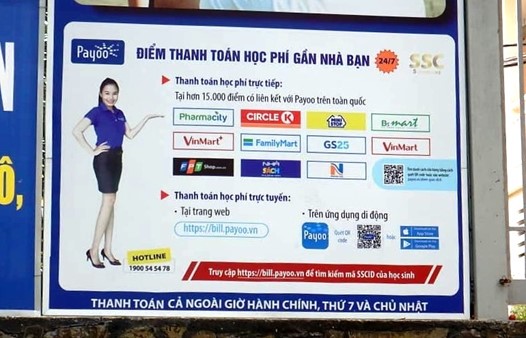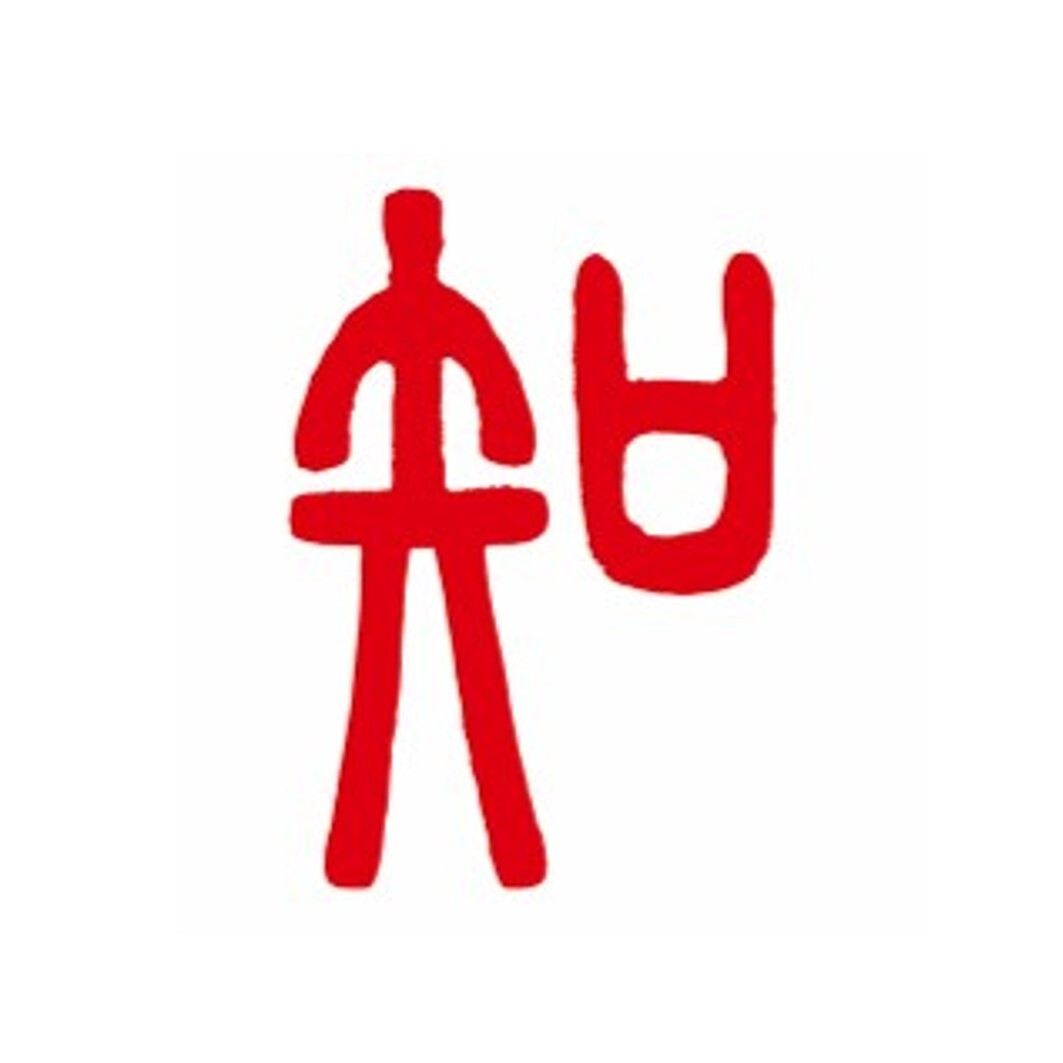[Vietnam] Cashless situation

This time, I would like to introduce the actual situation of cashless, people's awareness, and changes that I have seen while living in Vietnam for about four years.
Great reliance on cash
Among Southeast Asian countries, Vietnam is famous for having the highest rate of cash usage.
According to a 2017 World Bank survey, Vietnam has a lower percentage of bank accounts holders (30.8%), credit card owners (4.1%), and mobile money account holders (3.5%) than other Southeast Asian countries such as Indonesia, Malaysia, the Philippines, Singapore, and Thailand. Conversely, a high percentage (90.2%) of those who use cash on delivery for online purchases, suggesting that they are cash-oriented
(Source: World Bank acommerce 2017).
This can be attributed to the high number of stores that only accept cash and low trust in cashless usage.
As such, Vietnam is a cash-oriented country in terms of both stores and customers. However, in order to promote cashless transactions in Vietnam, the Vietnamese government is pushing for initiatives such as lowering the percentage of cash payments (below 10%), installing POS/card readers and increasing their use (200 million transactions per year), making cashless payments available mainly for modern trade, and increasing the percentage of bank accounts held (above 70%).
As one of these efforts, June 16 has been designated as "Cashless Payment Day" to promote the use of cashless payment with the aim of making Vietnam a cashless society. Initially, the purpose was to introduce and acquaint people with cashless forms of payment, but later it became an effective event to stimulate consumers to shop.
According to Decision 810 on the Plan for the Digital Transformation of the Banking Industry by 2025, issued in May 2021, the goal is for more than 80% of adults to use electronic payment services "(Source: Law firm THƯ VIỆN PHÁP LUẬT).
Due in part to the impact of the new coronavirus, various types of non-cash payments have been expanding rapidly over the past year or two.
According to a survey report by U.S. credit card company Visa for the January-March period of 2021, total credit/debit card payments grew 34% YoY. The ratio of contactless payments to the company's branded card payments expanded 3.3 times YoY, and the YoY growth rate of total e-commerce (EC) payments reached 5.5 times of October-December 2020. 88% of those surveyed were aware of contactless payments via mobile devices, and 45% were actually using them.
(Source: Visa Survey on Payment Trends among Vietnamese Consumers)
Expansion of mobile payments
In a survey conducted by the economic magazine Nhip cau Dau tu among developers and users, MoMo, ZaloPay and ViettelPay were selected as the top three leading e-wallets in Vietnam (Source: JETRO Vietnam's Cashless Payment Frontline). In addition to these three companies, VNPAY from Vin Group, one of Vietnam's leading conglomerates, Grab Wallet (moca) from Grab, a car-delivery app operator expanding mainly in Southeast Asia, and SamsungPay from Samsung, a South Korean conglomerate, are also providing services. The competition is expected to become more and more fierce.
According to the State Bank, the growth rate of electronic transactions in 2019 was +64% year-on-year for the number of Internet transactions and +37% for the value of transactions, of which the number of transactions via mobile devices surged +198% and the value of transactions increased +210%; transactions in the first quarter of 2020 using QR codes increased +83% year-on-year for the number of transactions and +146% year-on-year for the value of transactions. (Source: LAO DONG).
Even in cash-oriented Vietnam, the wave of going cashless is steadily advancing, including the push by the government, the influence of the coronavirus, and the global trend.
It is a little sad that I will no longer have the opportunity to feel like a wealthy man, clutching Vietnamese banknotes with many digits when I exchange Japanese yen for Vietnamese dong at the exchange counter at the airport in Vietnam.
Figure below: Free shipping and discounts are offered for purchases made on Shopee, the largest e-commerce site in Vietnam, when you pay with AirPay. Similar offers are available on other e-commerce sites.
(Photo source: Intage Vietnam staff's smartphones)

Figure below: Information on how to pay school fees posted near the school gate of a middle school in District 1, Ho Chi Minh City. The school accepts cash payments at cash registers in convenience stores and supermarkets using the Payoo billing service, as well as payments through the Payoo website and app.
In addition, the school also accepts Viettele Pay, an electronic wallet. Public schools are introducing payment services at their own discretion.
(Photo source: Intage Vietnam staff's photo)

Translated with AI Translator
-

Author profile
(Mr.) Masaoki Ikeda
He was stationed in Ho Chi Minh City, Vietnam for about four years until 2019.
Currently, he is in charge of overseas research in Japan. Today he is itching for a Corona disaster because he loves to travel.
- Jun 10, 2021
- 5972 Views
 Global Market Surfer
Global Market Surfer CLP
CLP